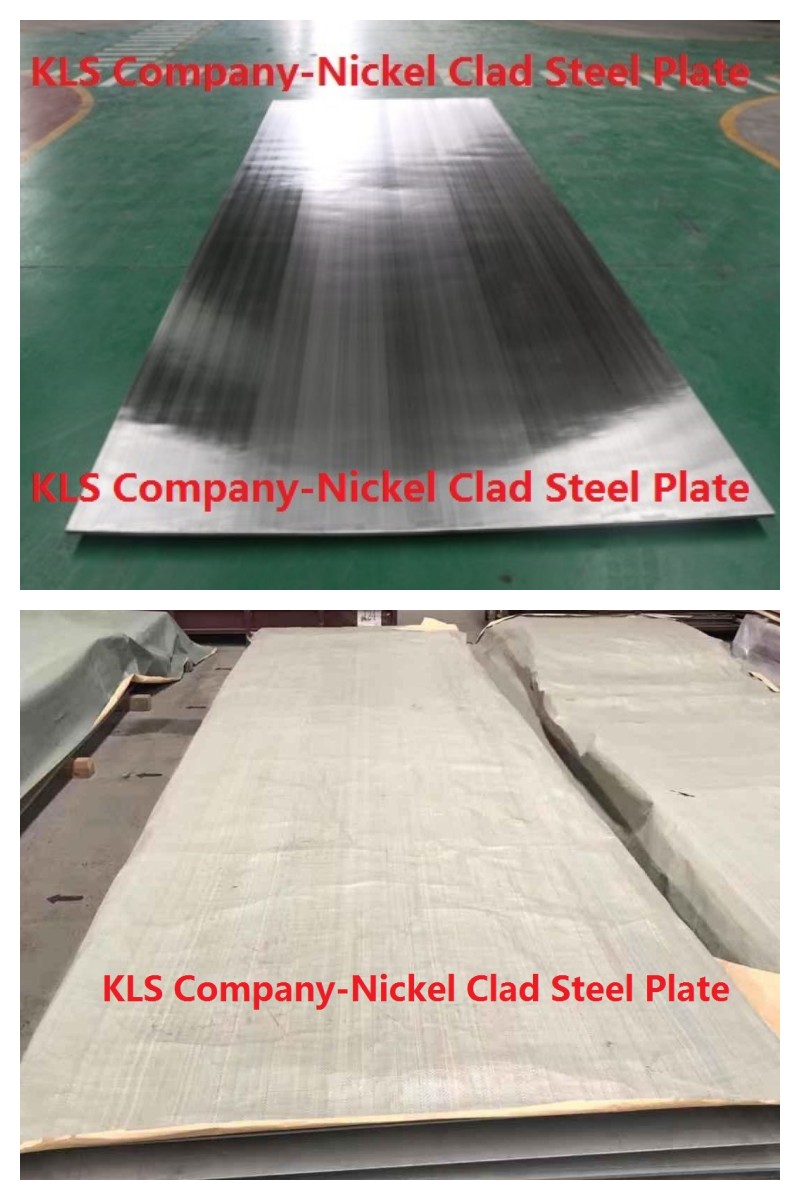Is Nickel Clad Steel the Weak Link in Asia’s Chemical Plants?
Growing Concerns Around Material Integrity in Asia’s Chemical Sector
Nickel Clad Steel has long been favored in chemical processing due to its corrosion resistance and cost-efficiency. In theory, it offers the strength of carbon steel with the corrosion resistance of nickel, making it ideal for aggressive chemical environments. However, in recent years, plant operators across Asia—particularly in China, India, and Southeast Asia—have reported unexpected failures in pressure vessels, heat exchangers, and reactors made with this material.
This has raised a pressing question among engineers and facility managers: is Nickel Clad Steel truly reliable under the harsh operating conditions of Asian chemical plants? Or is it silently contributing to costly shutdowns, safety risks, and maintenance headaches?
1. High Chloride Environments Are Testing Material Limits
Many Asian chemical plants deal with processes involving high chloride concentrations—common in hydrochloric acid production, chlor-alkali operations, and various petrochemical applications. While Nickel Clad Steel offers general corrosion protection, it is not always resistant to localized attacks like crevice or pitting corrosion, especially if the nickel layer is uneven or damaged.
A recent study by a Malaysian chemical engineering institute showed a 12% increase in component failure rates in vessels using clad materials exposed to high-chloride solutions over three years. Once the nickel layer is compromised, the underlying carbon steel corrodes rapidly, creating structural weaknesses that are difficult to detect in early stages.

2. Welding and Fabrication Challenges in Local Supply Chains
Fabrication quality is another major concern. While Nickel Clad Steel sheet performs well when manufactured under controlled conditions, many Asian plants source their materials and welding services locally to reduce costs. Unfortunately, not all local workshops follow stringent international standards such as ASME Section VIII or API 662 for welding cladded components.
In countries like India and Vietnam, poorly trained welders or inadequate post-weld heat treatment can lead to delamination, cracking, or thermal stress, especially at the interface between the nickel layer and the carbon steel substrate. These defects often go unnoticed during routine inspections but can lead to sudden and dangerous failures during operation.
3. Inspection Gaps and Maintenance Delays
Effective maintenance of Nickel Clad equipment requires advanced non-destructive testing (NDT) techniques like phased array ultrasonic testing or acoustic emission monitoring. However, many small to mid-sized plants in Asia lack either the budget or the expertise to conduct these regularly.
As a result, preventive maintenance is often reactive rather than proactive. For example, in Thailand’s eastern industrial zone, at least two incidents in the last year involved unanticipated shutdowns due to internal cladding failure, leading to significant production losses and compliance violations.
4. Regulatory Inconsistencies and Supplier Transparency Issues
Unlike Western countries with unified inspection and certification bodies, Asia’s chemical industry regulations vary significantly from country to country. For instance, China’s GB standards differ from India’s BIS codes or Malaysia’s DOSH guidelines. This regulatory fragmentation allows inconsistent material sourcing and limited accountability for supplier quality claims.
Many buyers rely heavily on vendor-supplied datasheets without independent verification. Some suppliers may not disclose details like clad thickness variation, weld compatibility, or resistance to specific chemical concentrations—leaving plant operators exposed to unexpected risks.
Conclusion: Proceed with Caution and Clarity
Nickel Clad Steel plates still holds potential as a cost-effective solution for chemical plants—but only when used under the right conditions and with strict quality control. For operators in Asia’s chemical industry, the key is to fully understand where and how this material can fail, and to ensure that all stages—sourcing, fabrication, inspection, and maintenance—adhere to best practices.
Before specifying Nickel Clad Steel for critical components, assess your process environment, evaluate local fabrication capabilities, and require detailed compliance documentation from your suppliers. A proactive approach today could prevent a costly shutdown tomorrow.
- Previous: None
- Next: How Do Hot Rolled and Cold Rolled Coils Affect Your Project Costs?

